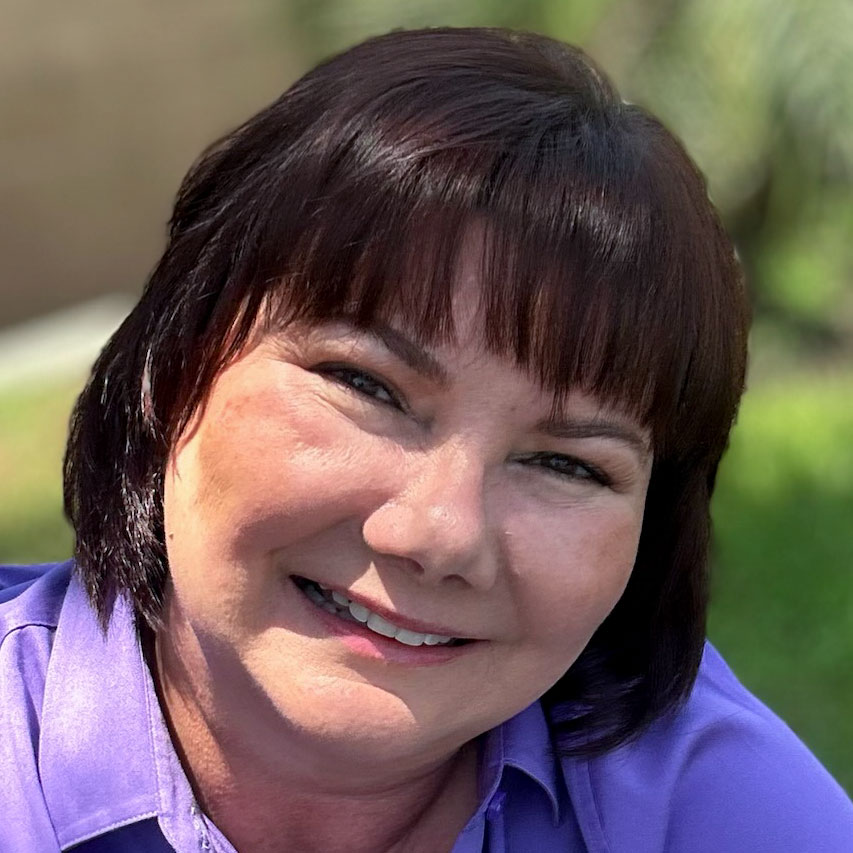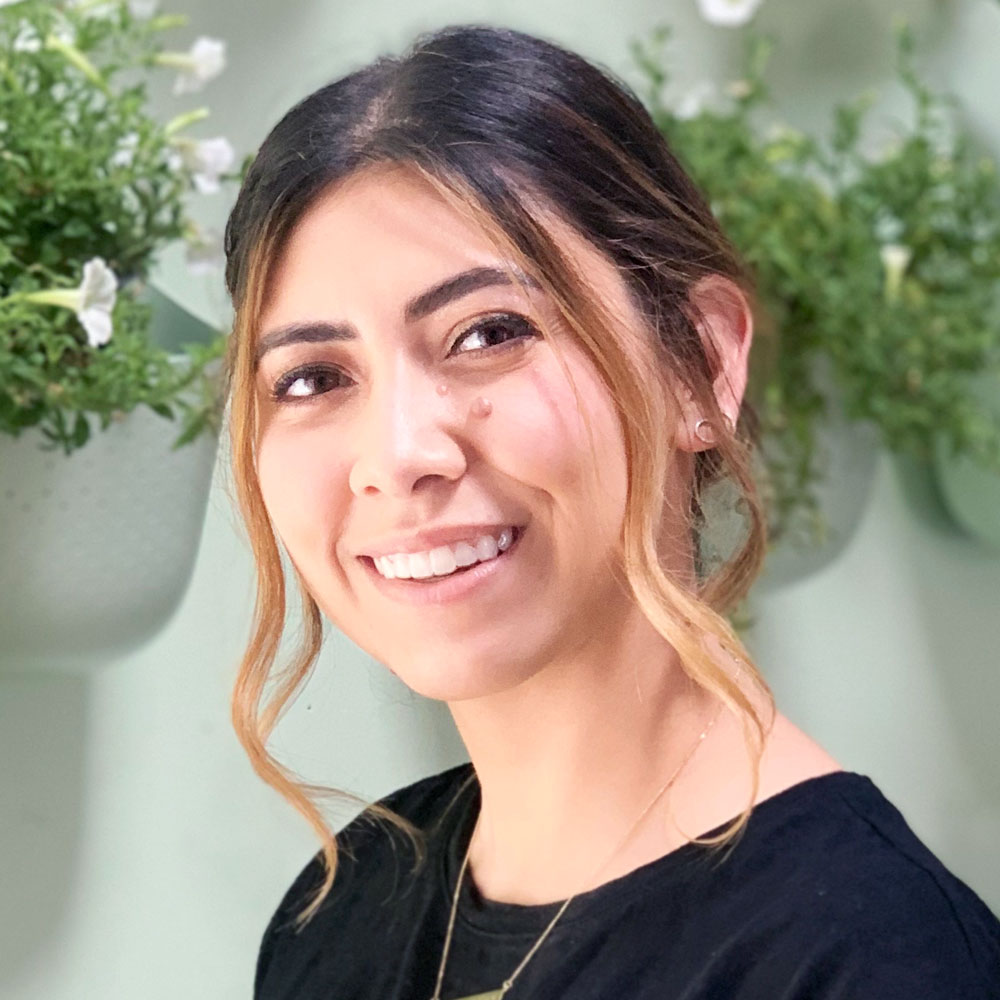
Corinne Sundell, LMFT
Licensed Marriage and Family Therapist (LMFT)
1114 Grand Avenue, Saint Paul, MN, USA, Saint Paul, Minnesota 55105
Corinne Sundell, LMFT is a Licensed Marriage and Family Therapist (LMFT) in Saint Paul, Minnesota and has been in practice for 7 years. They treat Life Transitions, Panic, Depression.
My job in the therapy office is to support you in re-membering the person you’d like to be, warts and all.












